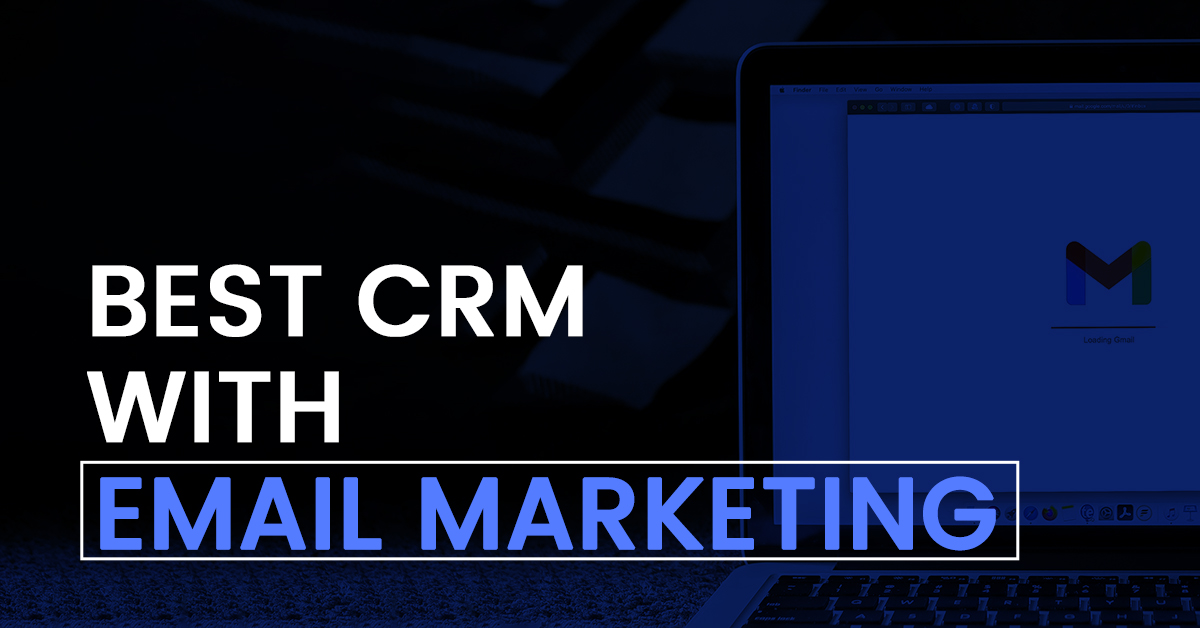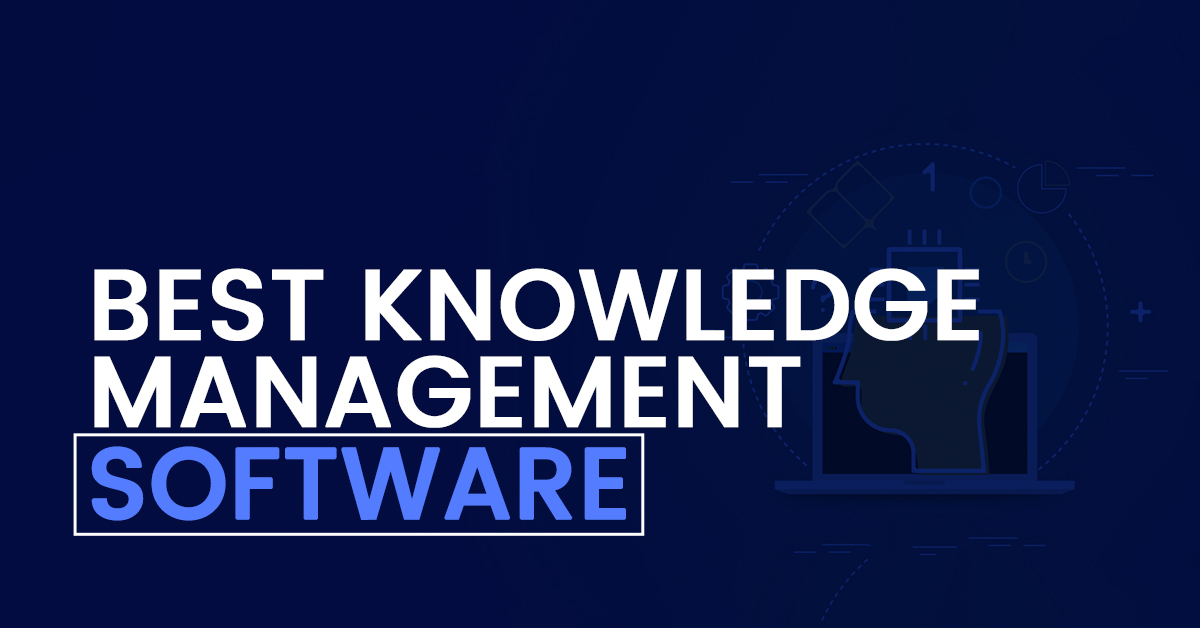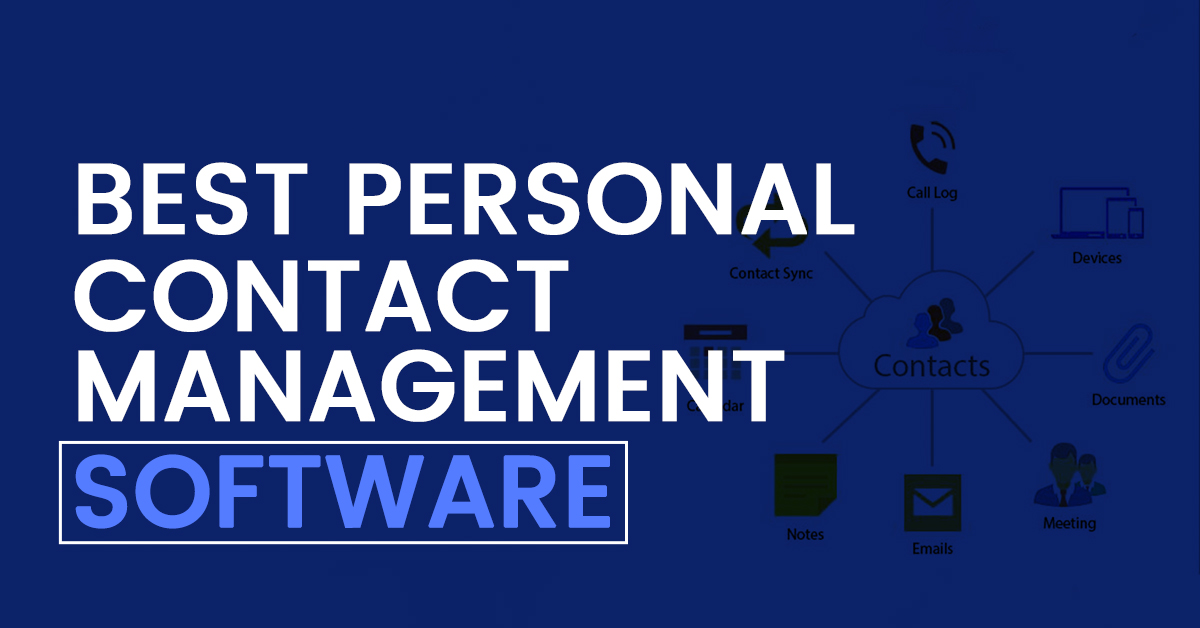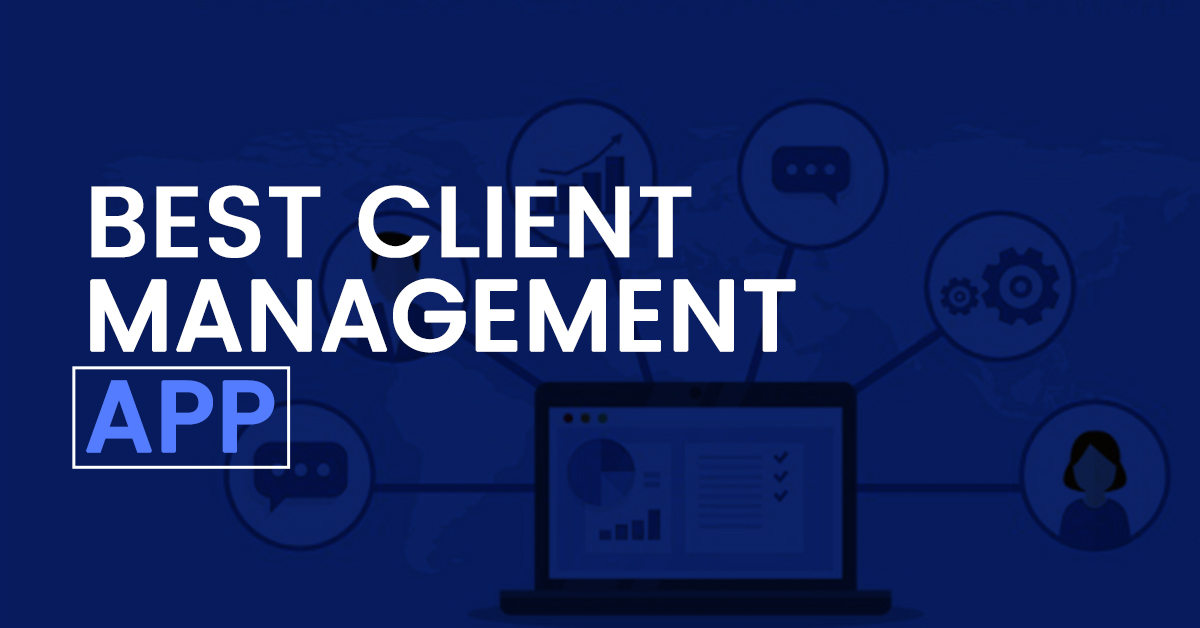
7 Best CRM for Email Marketing in 2024
As prospects subscribe to your website, you will need to send more business broadcasted messages and provide better customer service experience. However, as your email
Home » Customer Management

As prospects subscribe to your website, you will need to send more business broadcasted messages and provide better customer service experience. However, as your email

ERP and CRM are two solutions that help businesses thrive, but how do they differ? Let’s talk about the distinctions between ERP and CRM software in our insightful blog post.

SAP is often questioned: CRM or ERP? Learn about the distinctions and strategic insights in our blog, navigating SAP’s role in reshaping business processes.

CRM is a framework for building meaningful connections. Learn about the power of Customer Relationship Management and elevate your business relationships today.

Ditching the traditional paper filing system and utilizing knowledge management software can significantly benefit your business. Not only does it improve organization, but these solutions

Human beings, no matter how logical, are emotional beings. We want to feel loved, seen, and appreciated. However, the reality of our busy schedules might

Client management software is essential for any business that wants to track customer interactions, communications, and sales data. This software allows you to keep all
Customer management software is designed to help businesses manage their interactions with customers. It typically offers a range of tools and features that allow businesses to keep track of customer data, communicate adequately with customers, and analyze customer interactions and behavior.
There are several types of customer management software available to businesses and organizations. Some of them are:
CRM software is designed to help businesses manage their interactions with customers through the entire customer lifecycle. It commonly includes features such as contact management, marketing automation, sales automation, and customer service management.
SFA software is designed primarily for sales teams to automate their sales process, including lead management, opportunity tracking, and sales forecasting.
Marketing automation software is created to automate marketing tasks, such as email marketing, lead nurturing through the sales pipeline, and social media management.
This software is used to manage customer support inquiries and support tickets. It commonly includes features such as ticket tracking, ticket escalation, and customer communication tools.
Feedback and survey software is designed for collecting feedback from customers and analyzing customer satisfaction. It often includes features such as survey design, distribution, and analysis.
Social media management software tools are used to manage social media accounts and monitor social media conversations. It offers features including social media scheduling, monitoring, and analytics.
Loyalty program software allows business owners to manage customer loyalty programs and reward systems. It includes features such as points tracking, rewards management, and customer communication tools.
There are many benefits associated with using customer management software. Some of them are:
Customer management software allows businesses to store all of their customer data in one place, making it easy to access and manage such information.
Communications with customers can be improved through the use of customer management software. That way, businesses stay in touch with their customers through automated emails, tracking customer interactions, and providing insights into customer behavior.
Sales reps of businesses can use customer management software to simplify their sales processes and close deals more efficiently. They can also identify opportunities to cross-sell and upsell products and services by analyzing customer data.
Customer management software can help businesses provide better customer service by allowing customer service agents access to customer data and interaction history.
Customer management software is designed to help businesses target their marketing campaigns more effectively. They can do so by analyzing customer data and providing insights into customer behavior and preferences.
By offering better customer service and customized experiences, businesses can build stronger relationships with their customers and increase customer loyalty when they use customer management software.
Customer management software provides businesses with valuable insights into customer preferences and behavior, which can inform strategic decision-making.
Customer management software products are designed to make customer management simple and productive. Some of those benefits include:
CMS allows businesses to manage and organize customer contact information, such as names, phone numbers, emails, addresses, and social media profiles.
The software can help businesses keep track of and manage sales leads, assign leads to sales representatives, and prioritize them based on their likelihood to convert to buying customers through the sales funnel.
Customer management software allows businesses to track deals, sales activities, and revenue and generate sales reports to help businesses evaluate their sales performance.
This software can help marketing teams to automate marketing campaigns, including SMS messaging, email marketing, social media, and track the results of these campaigns.
Customer management software allows businesses to track customer inquiries, issues, and complaints as they pass through the customer journey, assign them to support staff, and manage them through to resolution.
The software helps with business functions such as generating reports on key metrics, including customer acquisition costs, customer lifetime value, and customer retention rates, to help businesses make informed decisions about their business.
Customer management software offers data security features, such as data encryption, user access controls, and data backup and recovery, to ensure that customer data is protected.
Outlined below are some customer management software pricing models available.
For this pricing model, users pay a monthly or annual fee to access the software and its features. The cost can range from a few dollars to hundreds of dollars per user per month.
For this, users pay a one-time fee to purchase the software and outright own it. This is a not so common pricing model for customer management software.
This is when users have to pay additional costs to be able to access features such as customization, integrations with other tools, training, and support.
There are many popular customer management software products or solutions, some of which are outlined below:
SugarCRM is a cloud-based CRM platform that provides sales automation, customer service, and marketing automation features. It’s designed for different business sizes, and offers both on-premise and cloud deployment options.
Copper is a cloud-based CRM platform that offers contact management, sales automation, and customer service features. It’s designed primarily for small to midsize businesses and offers integrations with other Google products.
This cloud-based CRM platform offers features such as contact management, project management, and sales automation for all kinds of businesses.
This is a cloud-based CRM platform offering marketing automation, sales automation, and customer service features. It offers a range of pricing options and is designed for small to midsize businesses.
With Agile CRM, businesses can access sales automation, marketing automation, and customer service features that help them with their customer management.
Salesforce offers a wide range of features, such as sales automation, marketing automation, and customer service. It’s one of the most widely used CRM platforms and is suitable for businesses of all sizes.
HubSpot is a free, cloud-based CRM platform that offers lead tracking, contact management, and sales automation features. It’s popular among small businesses and startups.
For the best possible results when using customer management software, third-party integrations are vital. Some important ones are:
Integration with a CRM system is an essential one that will help customer service representatives access a central location for storing customer base data (contact info, interests, and preferences), tracking interactions and communications with customers, as well as managing sales and marketing activities.
Integration with marketing tools allows businesses to do more targeted and personalized marketing campaigns based on customer behavior and preferences and automate repetitive tasks associated with marketing.
Integration of customer management software with social media platforms allows businesses to monitor and engage with customers on social media channels, as well as track social media mentions and sentiment.
This integration of customer management software with help desk systems allows businesses to efficiently manage customer support inquiries and track customer issues and resolutions.
Integration with analytics tools allows tracking of customer behavior and preferences by businesses, as well as monitoring of customer engagement and conversion rates.
Integrating customer management software with email marketing platforms allows for targeted and personalized email campaigns and tracking of email engagement and conversion rates.
Businesses can offer customers secure and seamless processing of customer payments as well as tracking of payment history and issues via customer management software and payment gateway system integration.
Integration with Voice over Internet Protocol systems allows businesses to efficiently manage customer phone calls and track call history and issues.
There are various issues associated with customer management software. They include:
As with any software, there’s always the risk of technical issues such as bugs, system crashes, and data corruption—issues that can lead to system downtime, data loss, and overall customer dissatisfaction.
If the software is not user-friendly and easy to use, user adoption may be discouraged. If employees find it hard to use the software, they may resist using it, resulting in data entry errors and data inconsistencies.
Customer management software can be expensive, especially for small businesses. Additional costs, which may include installation, maintenance, and upgrade fees, can contribute to this, too.
Businesses need to provide sufficient training and support to employees in order to ensure that they can use the software effectively, as a lack of support and training can lead to user errors and data inconsistencies.
Businesses often need to migrate their data from their existing systems to new software. Any loss of data or corruption during this process can lead to significant business disruptions.
If customer management software cannot scale to match up with growing businesses, this might pose a problem for the users. The business may decide to switch to a new one, resulting in extra costs and disruptions.
Latest trends in customer management software include the following:
Businesses are constantly looking for ways to tailor their communication and offerings to each individual customer, and software is being designed to help them do that.
Social media has become an important channel for customer interaction, and customer management software is being developed to integrate with social media platforms. This lets businesses respond quickly and efficiently to customer inquiries and complaints.
Customer analytics is an important trend in customer management software. Businesses use analytics to understand customer behavior and preferences, and also to identify opportunities for improving customer service and increasing sales.
Cloud-based customer management software is increasingly popular. It allows businesses to access customer data and tools from anywhere, and scale their solutions as required.
This is another trend in customer management software. The software is being designed to offer solutions that allow businesses to interact with customers across multiple channels, including phone, email, chat, social media, and more.
Voice and chatbot integration is a growing trend in customer management software. Businesses can now use chatbots and voice assistants to handle simple customer inquiries, freeing up customer service agents to handle more complex issues.
Businesses are now equipped to respond to customer inquiries in real-time and efficiently by using customer management software. This further improves the customer experience, satisfaction, and retention.
There are several services and software related to customer management software. They include:
CRM software is designed to help businesses manage and analyze their interactions with customers and potential customers. It allows them to collect and track customer data, manage sales pipelines, and automate communication with customers.
This software is designed to protect computer systems from unauthorized access, malware, and other threats. It often includes antivirus, firewall, and intrusion detection software, as well as tools for monitoring and managing security across a network.
Lead capture software helps businesses capture and manage leads, usually from their website or social media platforms. It allows companies to keep track of and analyze lead sources, manage lead data, and automate follow-up communications with prospects.
Database monitoring software is designed for monitoring and managing the performance and availability of databases. It can detect and alert IT staff to issues such as slow query times, database downtime, or data corruption.
Server management software is designed for IT teams to manage servers across a network, automate server deployment and configuration, and monitor server performance and availability. It is essential for maintaining the health and reliability of an organization’s IT infrastructure.